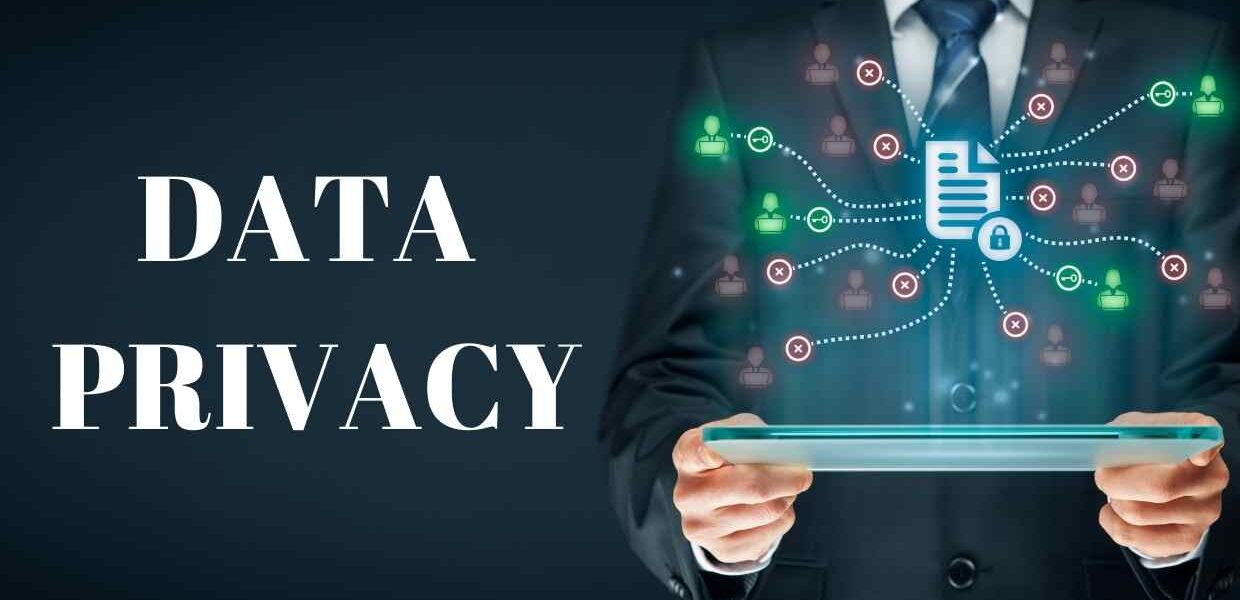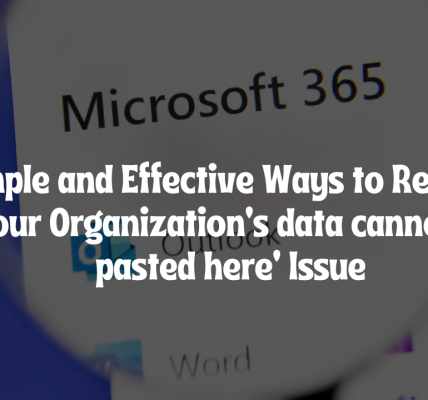Data protection is a crucial necessity for any business because it guarantees the security and welfare of delicate details. Therefore to protect their data from any unauthorized access or breaches caused by cyber threats, industries need to make sure that data leak prevention comes first among other things. Here are twelve useful ways of ensuring effective data care:
1. Conduct A Thorough Risk Assessment:
Before rolling out any data protection measures, one should do a risk assessment that will assist in identifying those areas in which your database is most susceptible. This tells you where your company’s exposure is highest hence enabling you to rank your efforts to protect accordingly. This way, various methods can be formed which will only handle the main threats to the databases.
2. Implement Access Controls:
Access to sensitive information should be limited to authorized persons and access control reviews and updates should be done frequently. Access control systems prevent unauthorized interference with classified information and lower the probability of data infringement. By allowing only necessary users access to sensitive information, it is possible to reduce the likelihood of data compromise.
3. Encrypt Sensitive Data:
Adding an extra layer of security by encrypting sensitive data helps safeguard that information from unauthorized access. Data encryption involves encoding it into an unreadable form that can only be decoded by using the correct decryption key; hence it becomes difficult for hackers to pilfer sensitive data through it. This way, even when an intercepted message has been captured while still stored on computers or computer networks, intercepted contents will still be safe.
4. Regularly Update Software And Systems:
It is important to prevent cyber attacks by keeping your software and systems up to date with the latest security patches. Protect systems from potential threats by installing software updates containing security patches that address known vulnerabilities. Regularly update your software and systems so that your data protection measures are effective and current.
5. Use Strong Passwords:
Urge your workers to apply powerful, strange passwords to their accounts and contemplate activating multi-factor validation as well. The passwords should be extended and exclusive to protect serious data and unauthorized entries from unauthorized persons. Multi-factor validation allows for an additional sort of security because users must meet some new verification needs before accessing the system, for instance, receiving a message with a code on their phone.
6. Backup Data Regularly:
Backing up data often ensures the recovery of lost data in case the information is breached or lost. Data backup is vital to protecting your company’s most important data and ensuring it can continue running during instances of data loss or cyber-attacks. With proper and regular data backup followed by secure storage solutions for these backups, the impacts of data loss will be minimalized alongside faster system restoration whenever there is an incident.
7. Train Employees On Data Protection Best Practices:
The significance of data protection must be transmitted to the workers and they should be instructed about how to detect possible security breaches as well as react to them. Commonly, employees are the ones who are responsible for protecting the organization against any type of cybercrimes such as hacking and phishing through the internet so there is a need for them to be equipped with the necessary knowledge and expertise to safeguard confidential information. Data breaches can be minimized by raising workers’ awareness through training on best practices for securing company records; leading to the formation of a security-conscious environment in your firm.
8. Monitor And Audit Data Access:
Always monitor data access and perform audits to identify unauthorized behaviors while ensuring data protection. Monitoring data access enables you to get to know people who access sensitive information as well as notice any odd or non-permitted operations. But auditing data access logs is a guarantee that controls to prevent unauthorized attempts are in place enhancing security precautions against potential breaches at all stages of development.
9. Implement Data Loss Prevention Tools:
In addition to added security, data loss prevention tools ensure sensitive information is not released into unauthorized hands. They are very useful for monitoring the sensitive data flowing through your company and preventing data leakage as well as unauthorized sharing of information. With these tools of data loss prevention, costly security incidences can be prevented as well as data proactively protected.
10. Secure Mobile Devices:
One thing we have to do to secure sensitive stored information is come up with tough passwords enclosed within a sound encryption system for mobile appliances that are slowly becoming widely used in office settings. Portability as well as connection to business networks makes these gadgets frequently vulnerable to various types of cyber-attacks wherein criminals may want to steal or take control of your database. Using strong passwords, encryption, and mobile device management tools to secure those gadgets will help minimize the chances of data leakage hence minimizing data theft dangers.
11. Create A Data Protection Policy:
Formulate a data protection policy that delineates the steps and rules that regard the secure handling of delicate data within your institution. It gives explicit directions on how to handle, keep, and share private details. Also, it ensures that all employees understand their roles in safeguarding data. With a data protection policy, you will develop an outline of data protection in your organization and always have data protection measures applied uniformly.
12. Stay Informed About Data Protection Regulations:
Keep your business updated on matters of data protection and regulation to comply with the laws in place. How institutions should take care of sensitive information is regulated through numerous legal frameworks including GDPR (General Data Protection Regulation) and CCPA (California Consumer Privacy Act). By remaining updated with the regulations regarding the protection of data, one can guarantee that his/her company stays under regulation to prevent expensive fines that come as a result of violating these laws.
Conclusion
To conclude, safeguarding sensitive information and protecting your organization from cyber threats requires data protection. When it comes to effective data protection then these 12 important things must be followed after which one will have protected their company’s data effectively while at the same time minimizing chances of data breaches.
Prioritizing data protection is crucial in today’s digital age because cyber-attacks are increasingly becoming more complex, requiring organizations to be proactive in safeguarding their data. To guarantee the security and safety of your company’s confidential details, you should follow any new security measures & legislations while ensuring they remain up-to-date with recent cyber-security patterns & other related news.
To Read More (Click Here)





